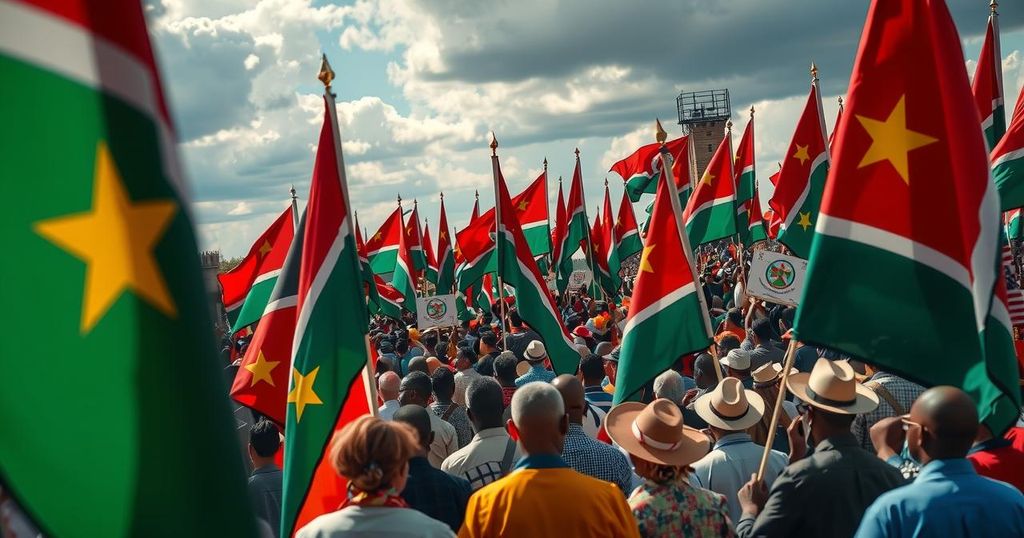Botswana’s Election: A Critical Decision for Long-ruling Party Amid Economic Struggles
Botswana’s 2024 election will determine whether the Botswana Democratic Party, in power for 58 years, retains control amidst rising economic challenges and opposition pressure. President Mokgweetsi Masisi seeks re-election against three challengers, with the economy’s reliance on diamond exports influencing voter sentiment. Unemployment is at 27%, particularly affecting youth, compounding the urgency for policy change from the ruling party as the election unfolds.
Botswana is facing a pivotal election where citizens will determine whether the Botswana Democratic Party (BDP), which has maintained its grip on power for 58 years since the country gained independence from Britain in 1966, will extend its rule for another five years. President Mokgweetsi Masisi, a former teacher and United Nations employee, is campaigning for a second and final term amid rising economic challenges that have necessitated policy discussions and shifts regarding the nation’s reliance on diamond exports. The economic situation has not only led to increased unemployment levels, particularly amongst youth, but has also prompted a critical review of the BDP’s strategy moving forward. Furthermore, the opposition, though historically overshadowed by the BDP, has begun to pose a more significant challenge, with three candidates challenging President Masisi: Duma Boko from the Umbrella for Democratic Change, Dumelang Saleshando from the Botswana Congress Party, and Mephato Reatile from the Botswana Patriotic Front. This election is viewed as a possible turning point in Botswana’s political landscape, particularly given the recent economic downturn fueled by a drop in diamond sales, which account for the majority of the country’s exports.
Since gaining independence in 1966, Botswana has been considered one of Africa’s success stories, with a long-standing reputation for political stability and economic prosperity. The Botswana Democratic Party has been central to this narrative, having dominated the political landscape for nearly six decades. However, the nation now grapples with significant economic challenges, including a high unemployment rate exacerbated by a global downturn impacting its key diamond industry, which deeply affects the national economy.
The 2024 elections in Botswana represent a critical juncture for the BDP, which has held power since the country’s independence. As economic pressures mount and the opposition gains traction, the electorate’s decision will likely illuminate the future direction of this southern African nation. It remains to be seen whether the BDP can adapt and convince voters of its capability to steer Botswana through its current challenges.
Original Source: apnews.com




Post Comment